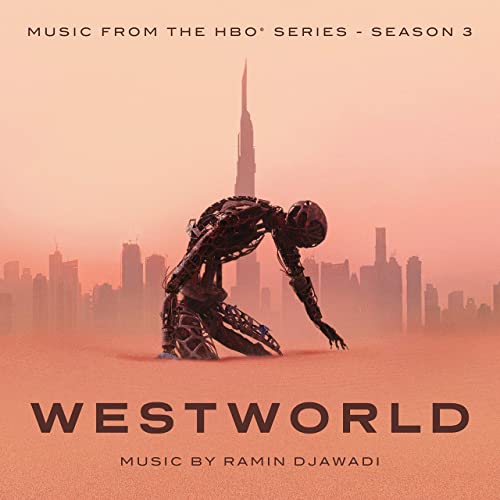https://www.youtube.com/watch?v=cBYd2oW9o9I&list=PL-UWPlRIl68rznjyCvU4PbLtQLomZynXy
Sade: Stronger Than Pride (1988)
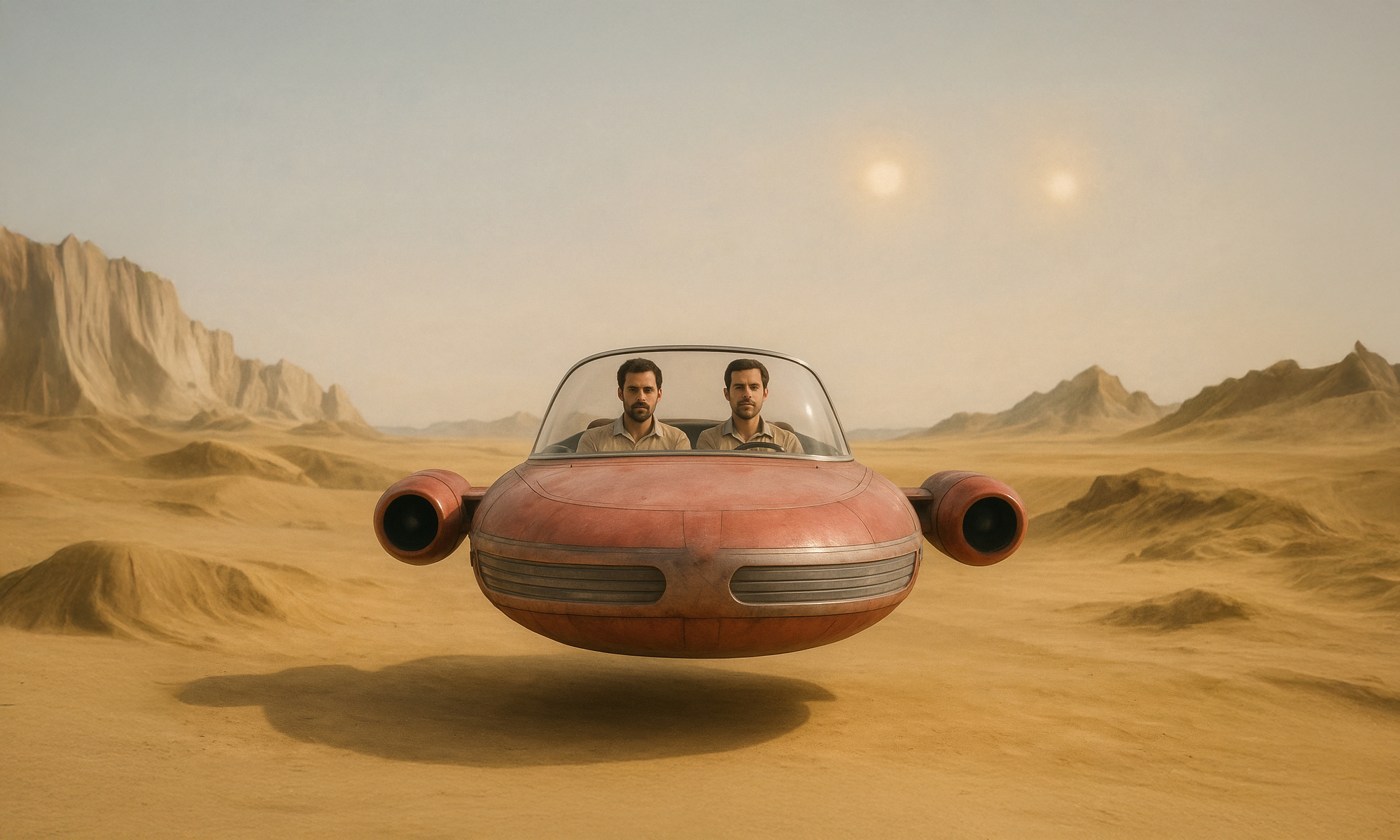
Once a legitimate blog. Now just a collection of memes 'n menz.
https://www.youtube.com/watch?v=cBYd2oW9o9I&list=PL-UWPlRIl68rznjyCvU4PbLtQLomZynXy
Sade: Stronger Than Pride (1988)
Kraftwerk: Computer World (1981)


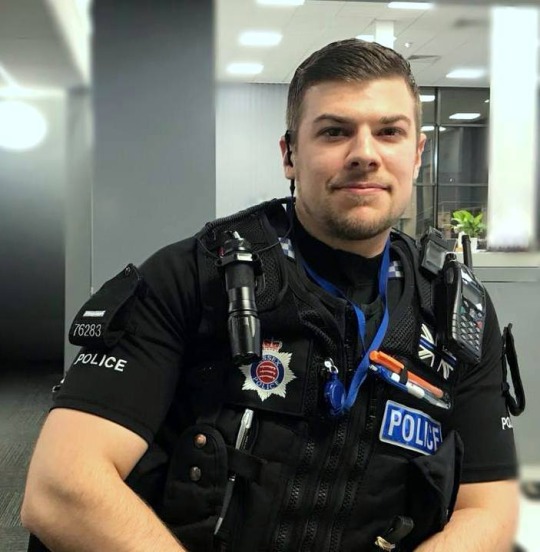



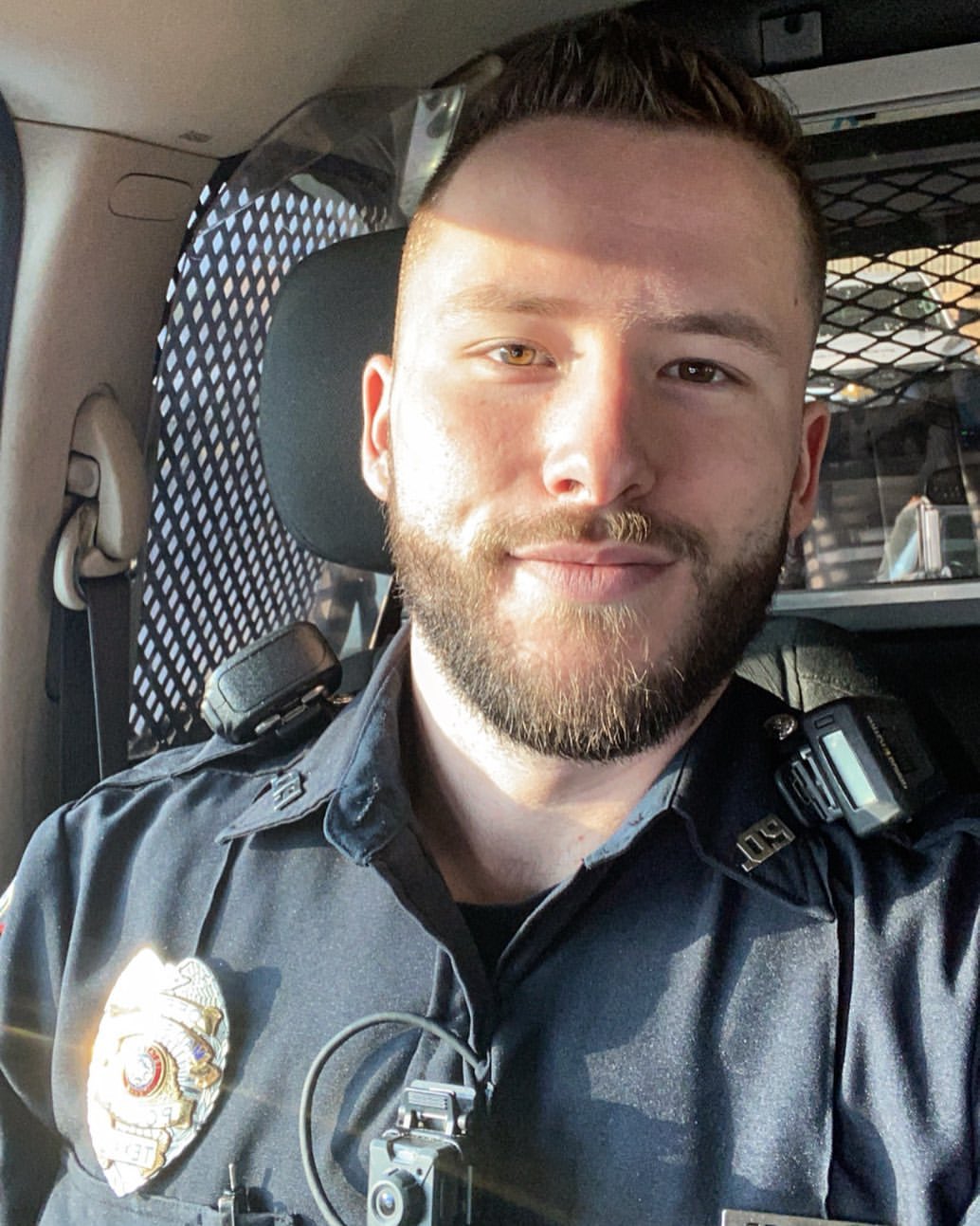
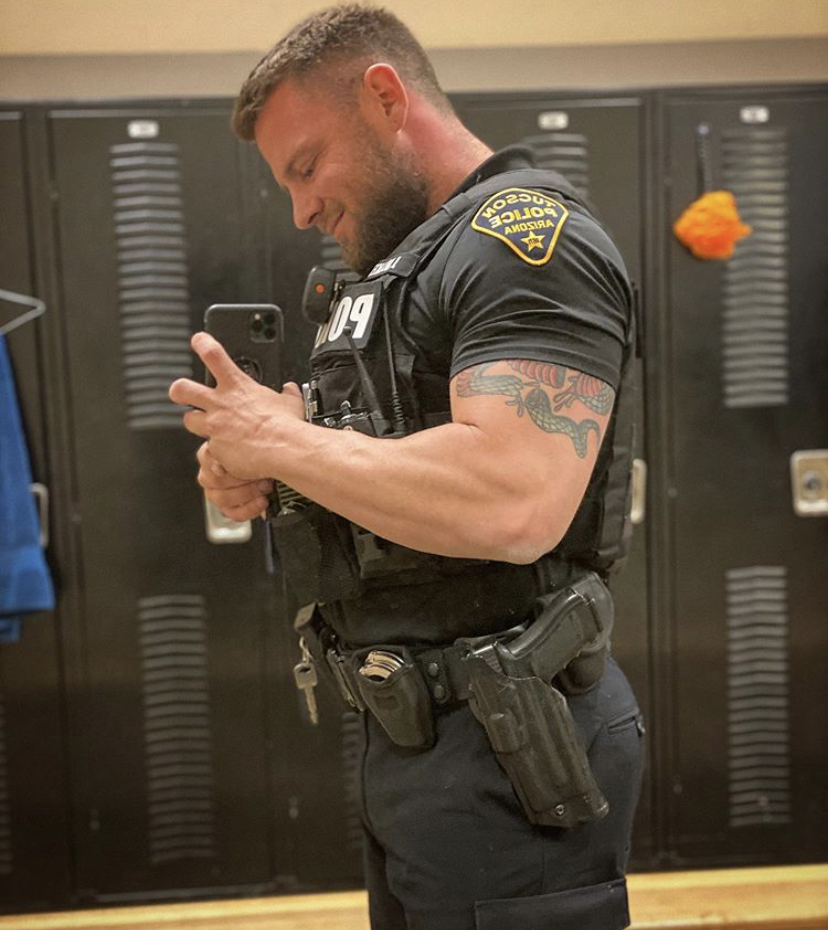
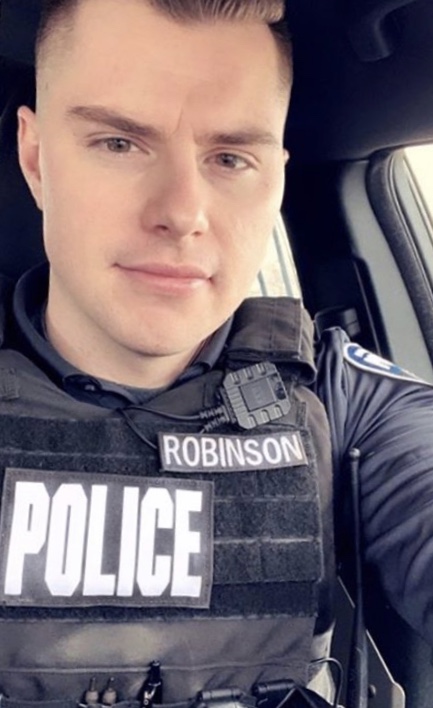
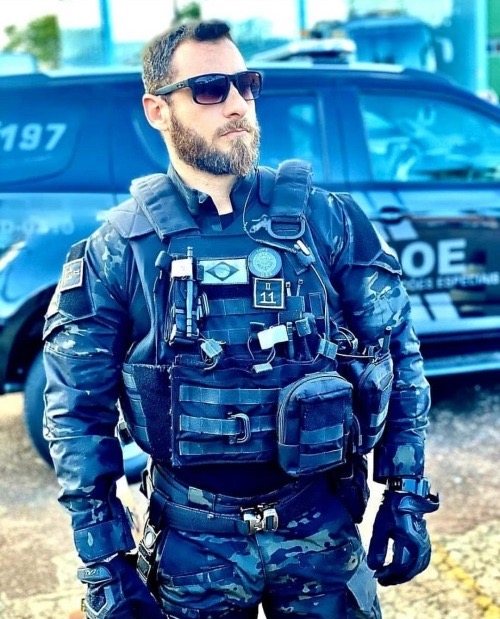
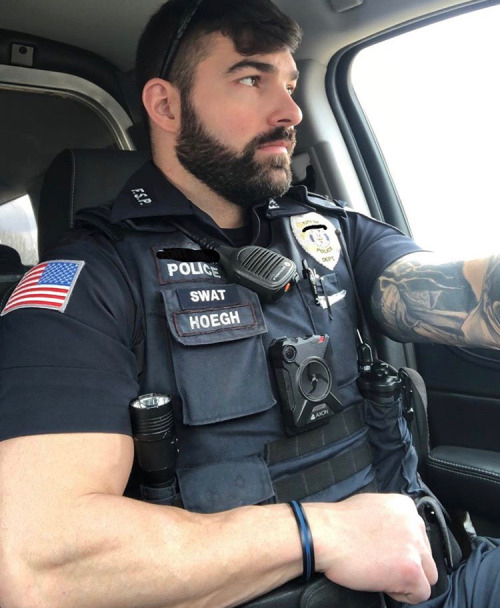
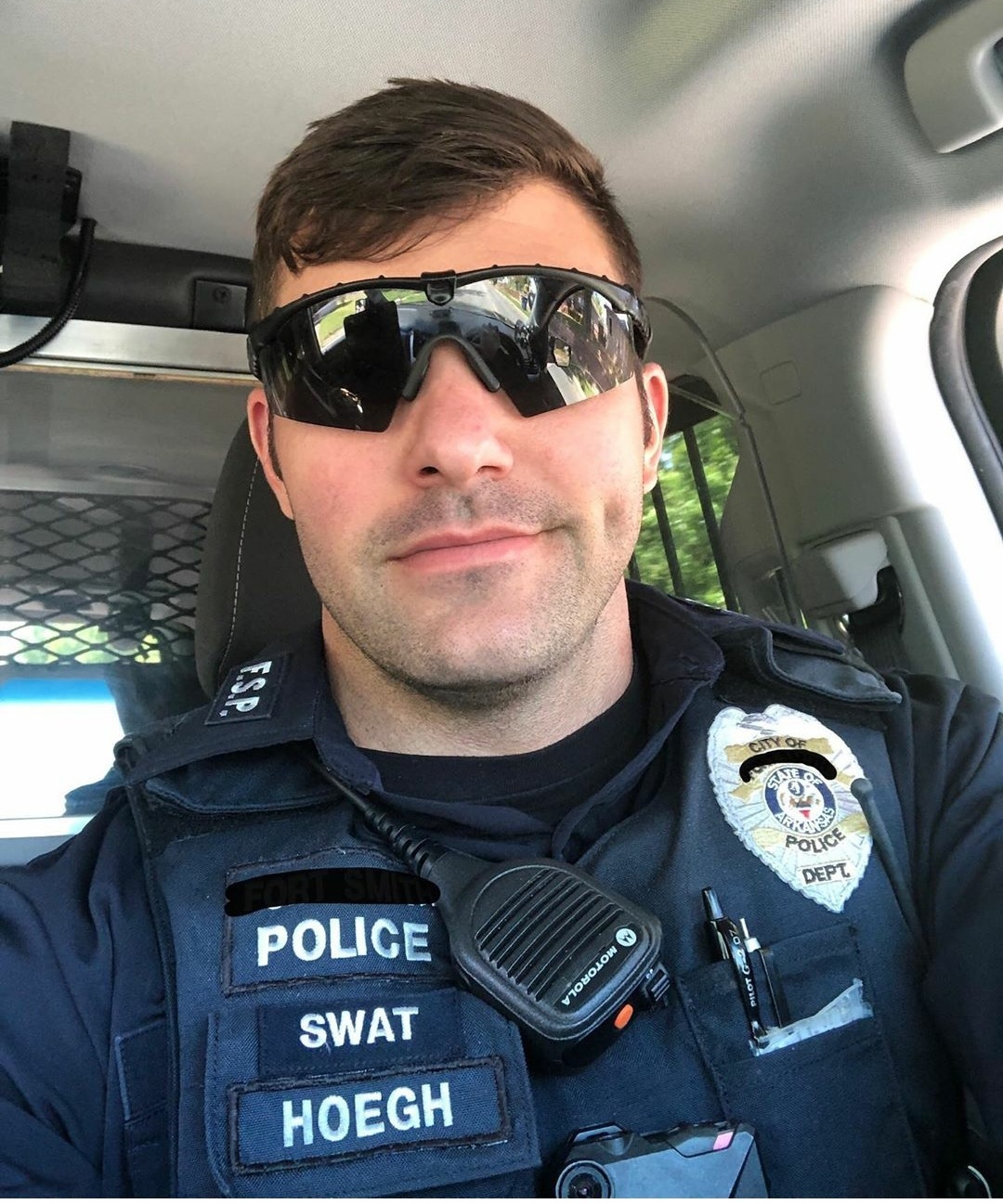
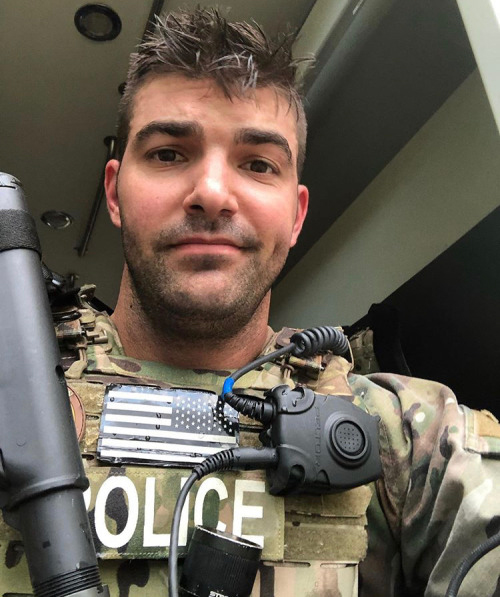
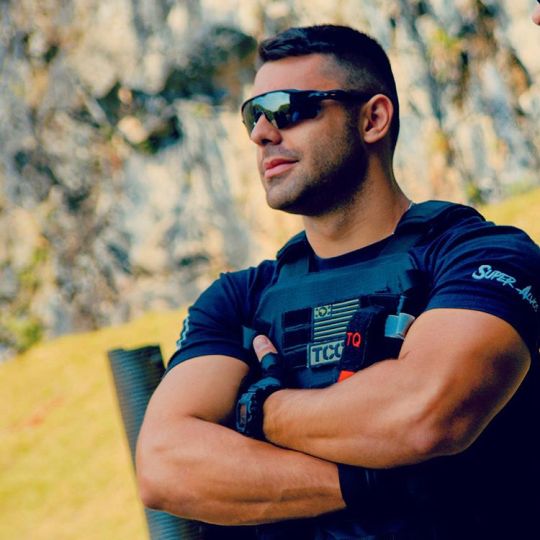


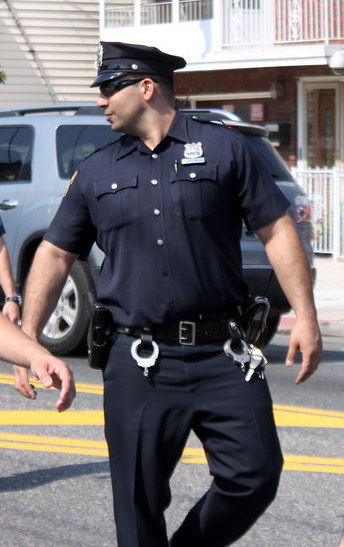
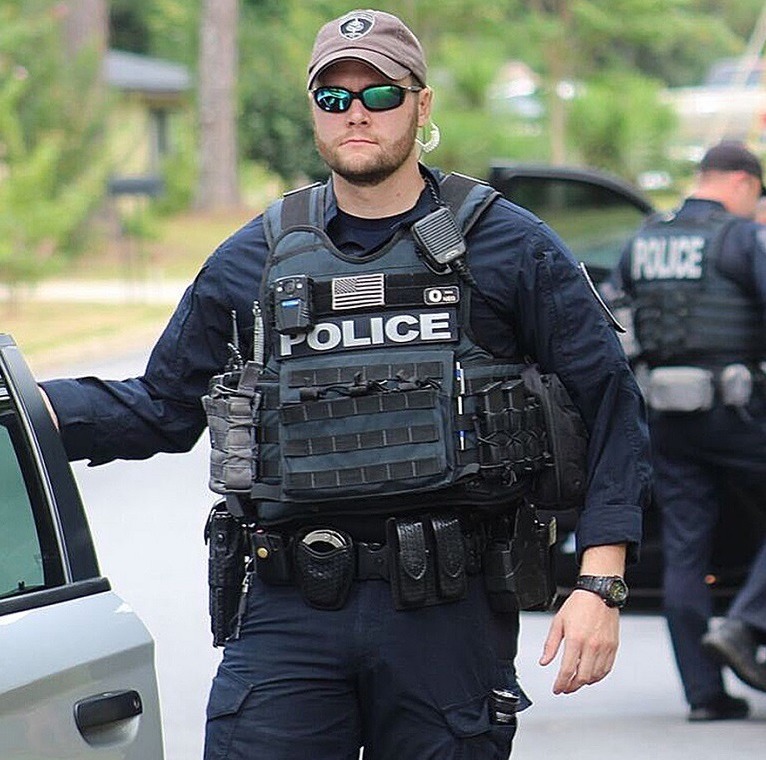
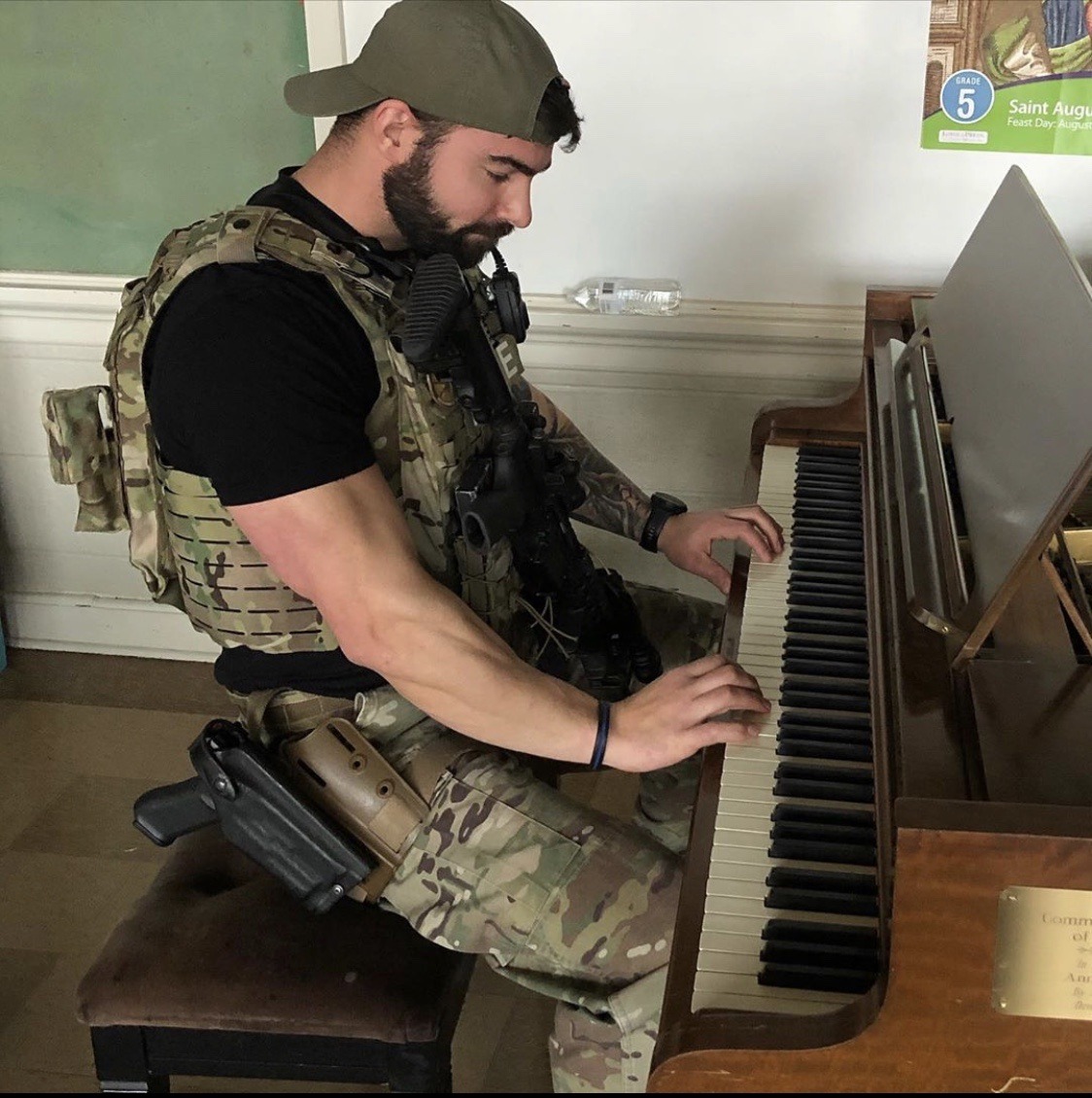
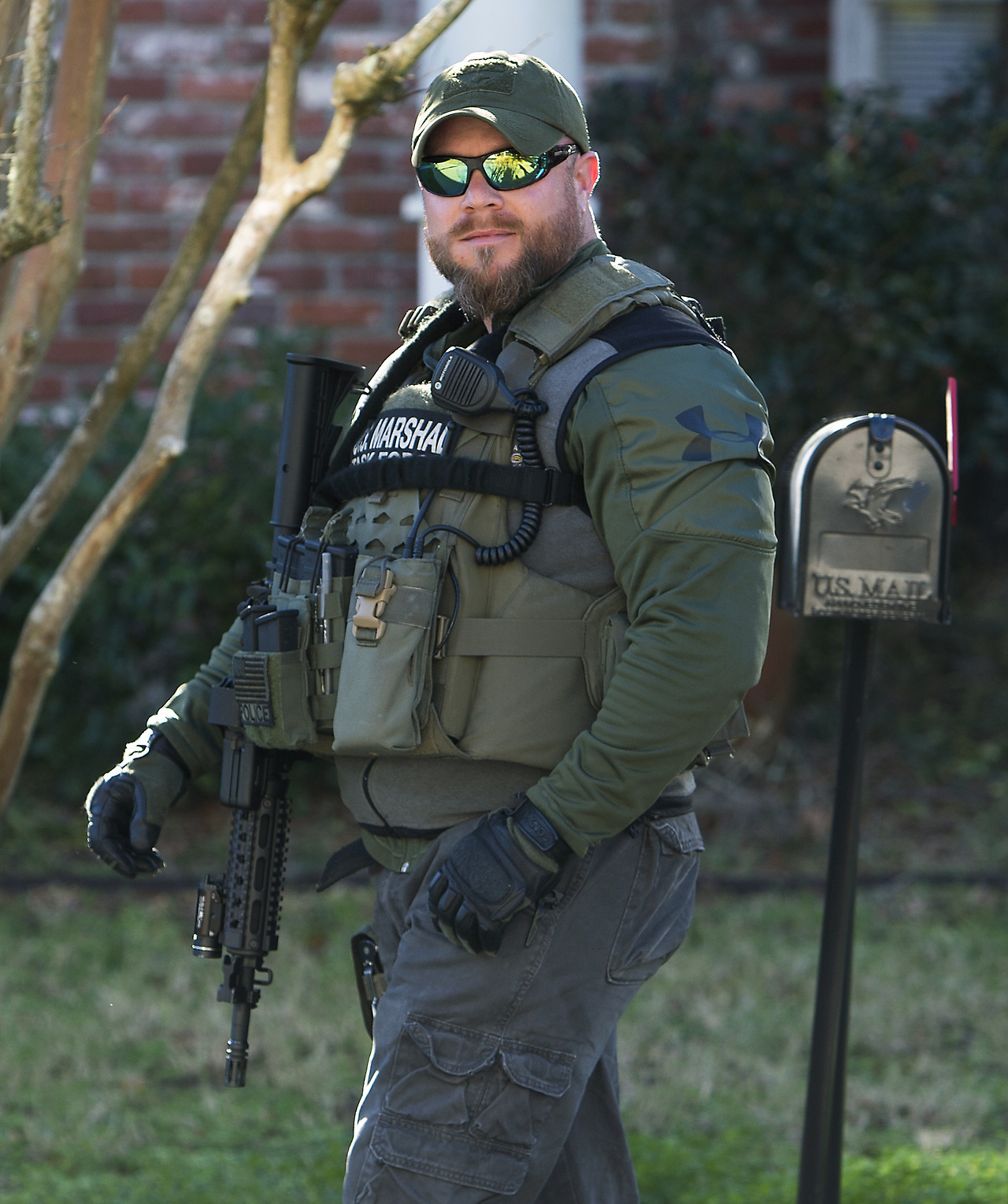


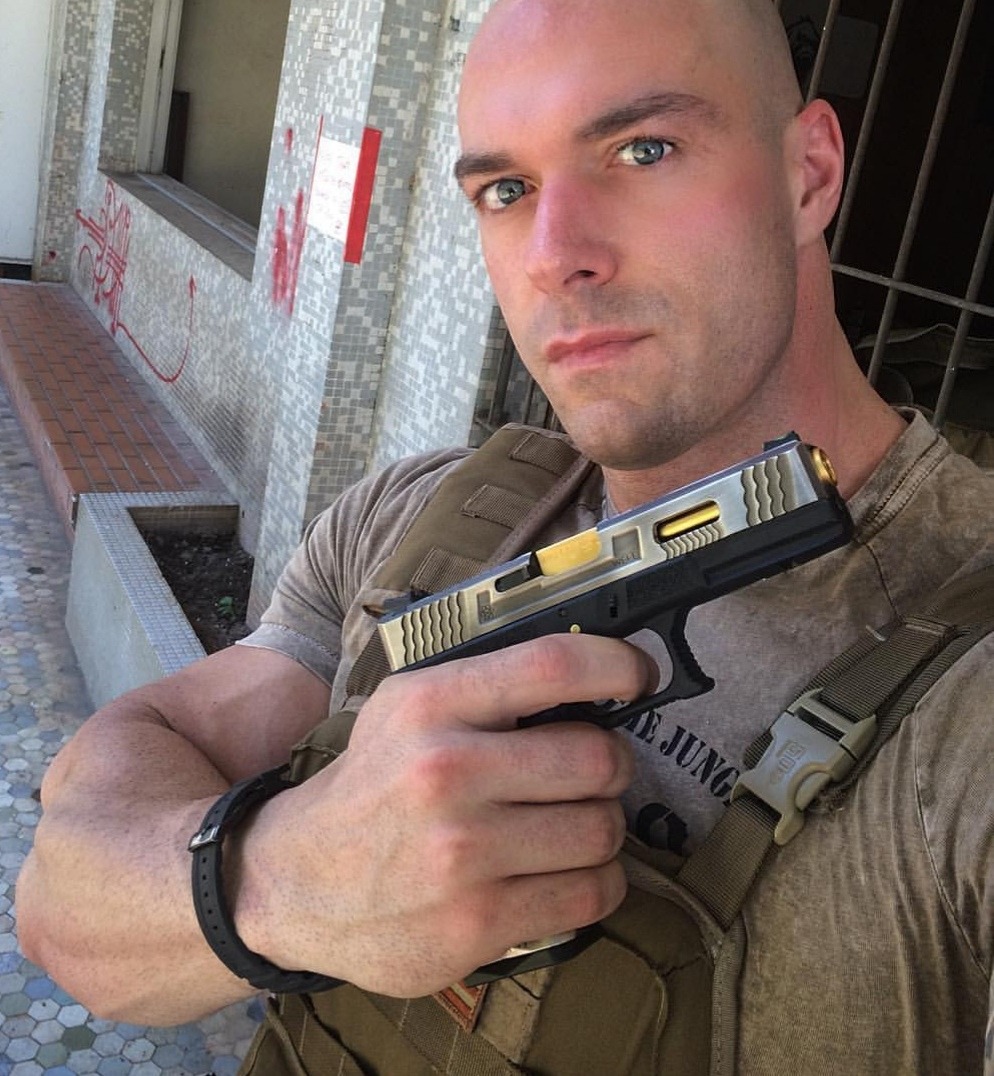
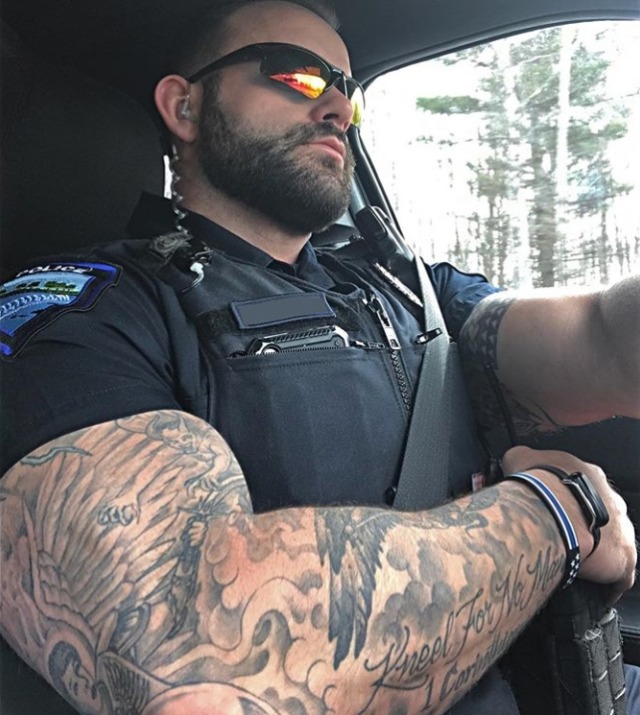
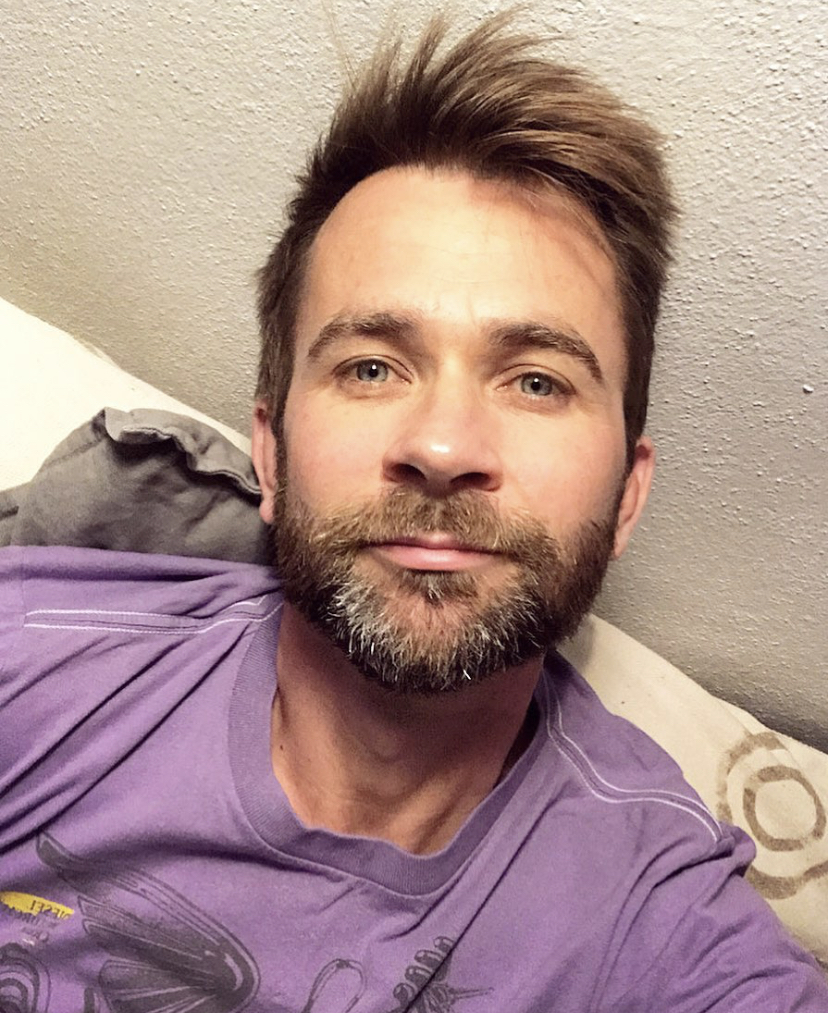

https://www.youtube.com/watch?v=4OeX9Rq9cFk&list=PLrpyDacBCh7D9LYtNqpCNxIAyLk4R26uA
Grace Jones: Warm Leatherette (1980)
My favorite—or maybe second favorite—Grace Jones album. I can never definitively say if this or Nightclubbing is my favorite. They're both so good they could easily have been released as a double LP.
Carpenters: Now and Then (1975)
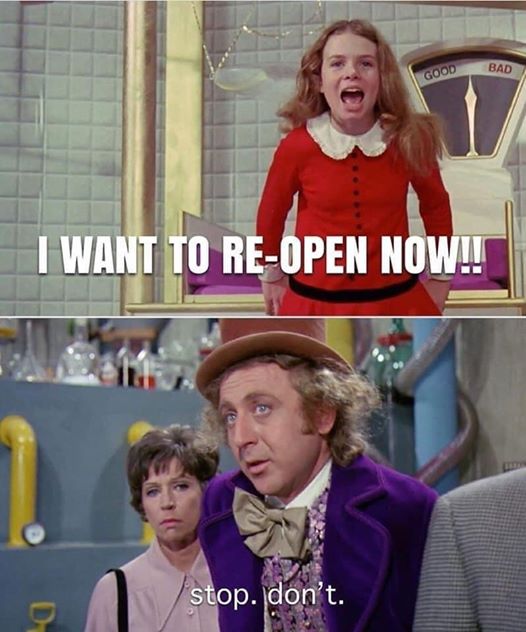

Oh sah-NAP!




"The plague ain't worse than spotted fever."
"Why are the stonemasons allowed to open, but not the blacksmiths?"
"Witch burnings can also take place without spectators."
"Taverns are also systemically important."
"Many of the sick people above age 30 would have died soon anyway."
 What is it about President Obama that really gets under your skin? Is it because he's smarter than you? Better educated? Made it on his own; didn't need daddy's help? Wife is more accomplished? Better looking? I don't know, what is it? What is it about him? That he's a black man that's accomplished, became president? That he punked you on the whole birth certificate thing? What is it about him? Just wondering…" ~ Don Lemon
What is it about President Obama that really gets under your skin? Is it because he's smarter than you? Better educated? Made it on his own; didn't need daddy's help? Wife is more accomplished? Better looking? I don't know, what is it? What is it about him? That he's a black man that's accomplished, became president? That he punked you on the whole birth certificate thing? What is it about him? Just wondering…" ~ Don Lemon

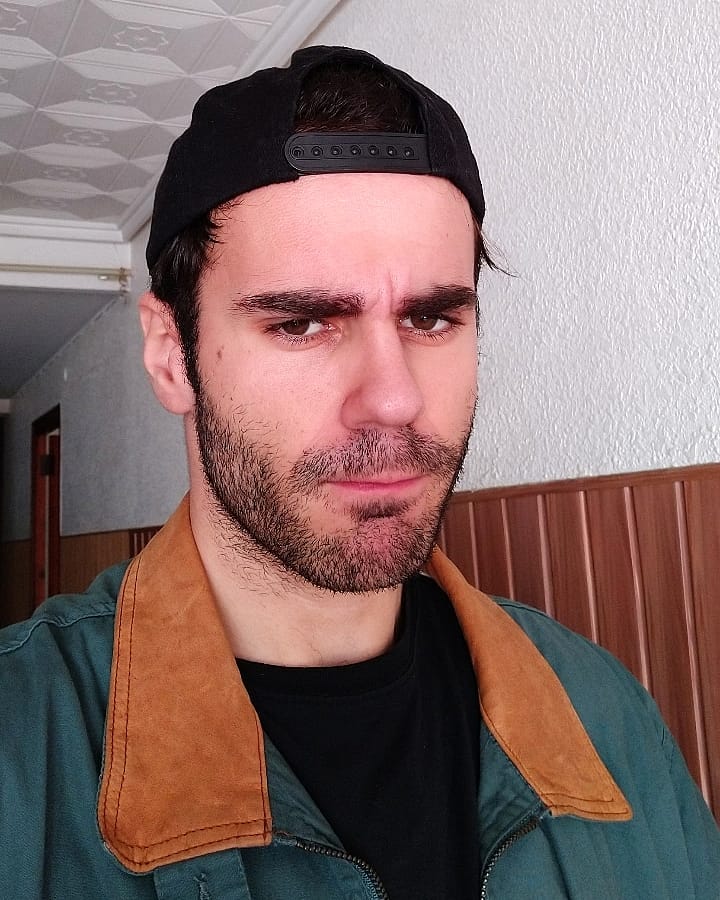 I have been following this cute Spanish photographer on Instagram (@stuckkinabox aka @sergioheads) for several years now, and he posed an interesting question today:
I have been following this cute Spanish photographer on Instagram (@stuckkinabox aka @sergioheads) for several years now, and he posed an interesting question today:
What do you miss most about our previous lifestyle?
It's something I haven't considered specifically; it's more of just a nebulous feeling of loss for me, but I shall try to elaborate.
I think that after the past two months (has it really been only that long?) the reality of our previous existence being gone is now finally hitting home. As I've written before, things are never going to go back to the way they were before.
But what do I miss? Even though I am an inveterate introvert, I still do miss the daily human interaction that we all took for granted. I miss being able to just go out and do things without having to worry about face masks and social distancing and the possibility of being infected by yahoos who are only thinking about themselves. (Trips to the grocery store are fraying my last nerve.)
I miss whiling away weekend afternoons with Ben at Starbucks. I miss going to restaurants. I miss having the ability to go on spontaneous road trips, without knowing that once we reach our destination there isn't actually anywhere to go. I miss visiting friends. I miss going to movies. I miss going to IKEA for no reason at all. All these are admittedly small, first-world problems, but nonetheless they are things I miss being able to do.
And while I certainly enjoy the relative freedom of working from home, I do miss being able to go into the office and connect with people in person. Now one day just runs into another to the point that I really have to think about what day of the week it is. (I feel like Dolores in Season One of Westworld, waking up in the morning, gathering her supplies and heading out in the fields to paint the same thing day after day.
But you know what I miss the most? I miss every other waking thought not being about this pandemic and the damage it's doing to our global society, about Trump, about his cabal or his brain-dead zombie supporters, about masks or gloves or hand sanitizers, or about whatever the next horrific stream of effluent will be that spews from the White House. That is what I miss the most.
But, if this self-quarantine ensures that I and those I love live through this horrible period in our history, so be it. It's a small price to pay to see the new world that will spring from this nightmare. And a new world will spring from it.
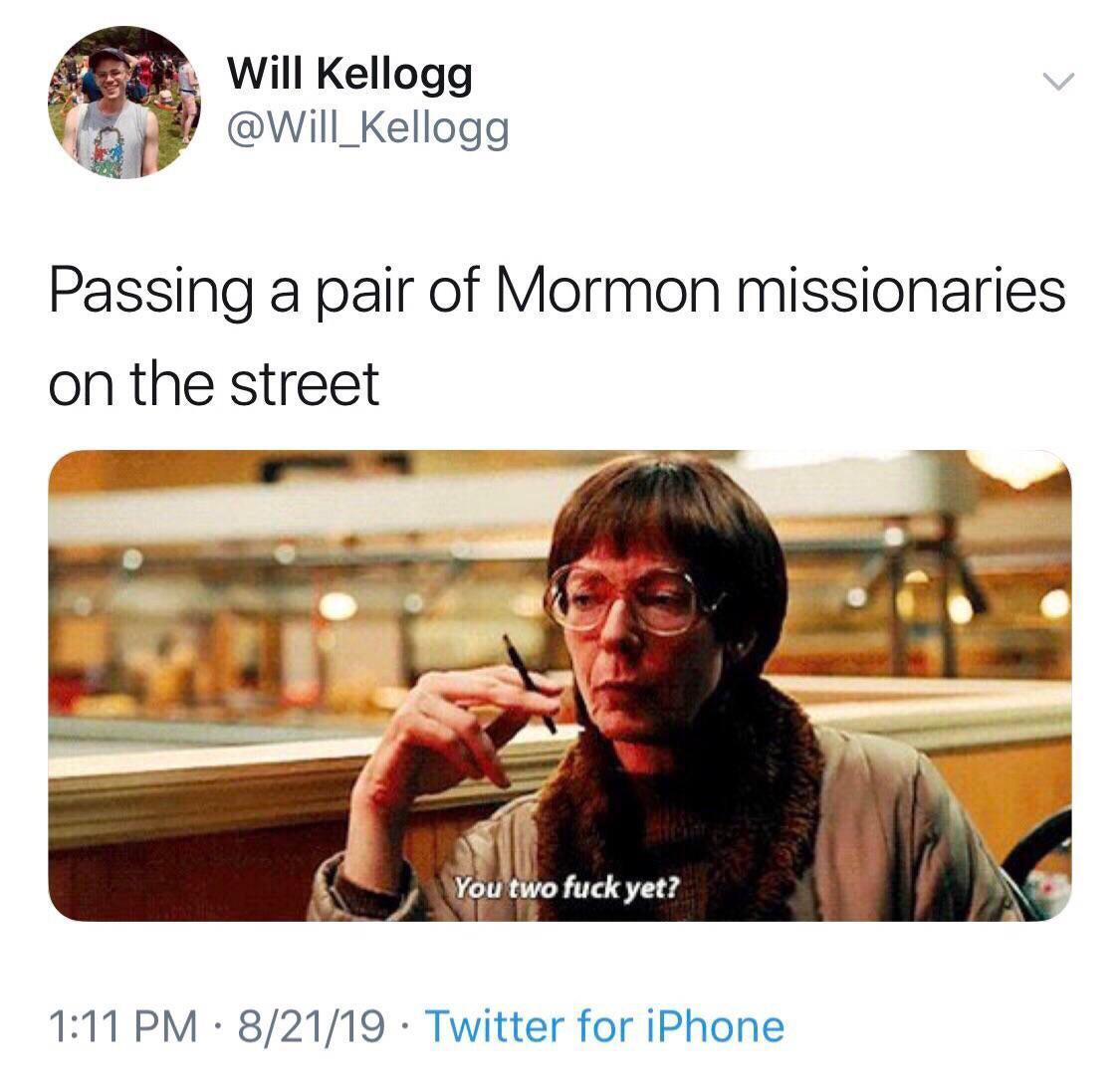
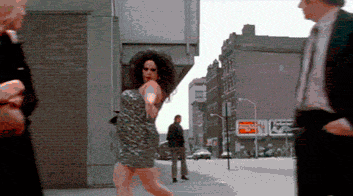

I realize this may not be everything they've done, but of the ones shown, what's your favorite? (Vote below and feel free to leave a comment.)
 |
 |
 |
 |
 |
 |
 |
 |
 |
 |
Chalk up another one to 2020. R.I.P. Florian Schneider, co-founder of Kraftwerk. This one is hitting me hard.
From the New York Times:
The German band he helped found toyed with ideas about technology and society, leaving a profound mark on rock, dance music and hip-hop.
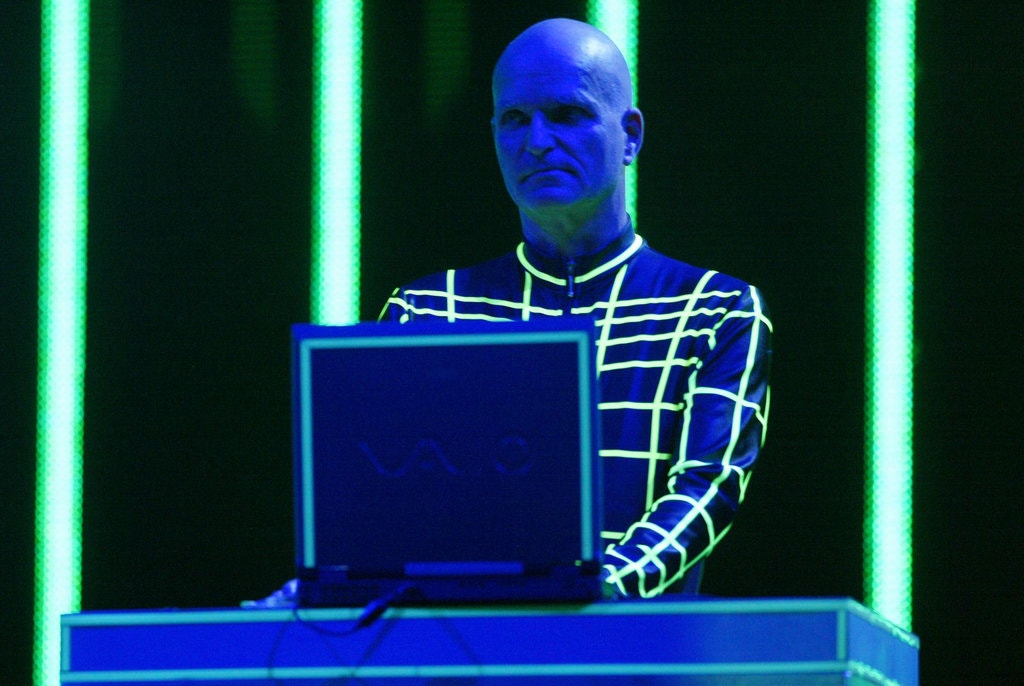
Florian Schneider, one of the founders of Kraftwerk, the German band that revolutionized pop music through its embrace of synthesizers and electronic beats, leading to a broad influence over rock, dance music and hip-hop, has died. He was 73.
In a statement, the group said Mr. Schneider had died from cancer "just a few days" after his birthday, which was April 7.
Founded in Düsseldorf in 1970 by Mr. Schneider and Ralf Hütter, Kraftwerk emerged as part of the so-called krautrock genre — a German branch of experimental rock that explored extended, repetitive rhythms.
But by the time Kraftwerk released its album "Autobahn" in 1974, it had become clear that the group had developed something even more elemental and extreme. The 22-minute title track, which took up the entire first side of the LP, began with a robotic voice intoning "autobahn," German for highway. It continued with buoyant, hypnotic synthesizers that gave the listener a sense of gliding through a futuristic landscape, and with lyrics that repeated, "Wir fahren, fahren, fahren auf der Autobahn" ("We're driving, driving, driving on the highway").
An abbreviated version of the song became an international radio hit, reaching No. 25 on the Billboard Hot 100 chart in 1975.
On later albums, like "Trans-Europe Express" (1977) and "The Man-Machine" (1978), Mr. Schneider and Mr. Hütter — joined by other musicians, among them Karl Bartos and Wolfgang Flür — developed their ideas further. They created a catchy and provocative version of electronic pop and toyed with concepts of the role of human beings in a mechanized society.
On "Computer World" (1981), they set dystopian lyrics to the chirpy sounds of early personal computers, lumping together "Interpol and Deutsche Bank/F.B.I. and Scotland Yard," offering suggestions of a surveillance state that still resonate today.
Mr. Schneider and Mr. Hütter variously described their work as industrial folk and techno pop. Rather than seeing Kraftwerk as simply a musical group, they characterized it as a "multimedia project" or even a hybrid of humanity and machine.
"Kraftwerk is not a band," Mr. Schneider told Rolling Stone in 1975. "It's a concept. We call it 'Die Menschmaschine,' which means 'the human machine.' We are not the band. I am me. Ralf is Ralf. And Kraftwerk is a vehicle for our ideas."
Mr. Hütter usually spoke for the group in interviews, with Mr. Schneider sitting by quietly. "Florian is a sound fetishist," Mr. Hütter told the British music magazine Mojo in 2005. "I am not so much. I'm maybe more a word fetishist."
But like his partner, Mr. Schneider had a knack for expressing provocative ideas that were catnip to curious journalists.
When the rock critic Lester Bangs interviewed Kraftwerk, also in 1975, he skeptically remarked that he found their music unemotional.
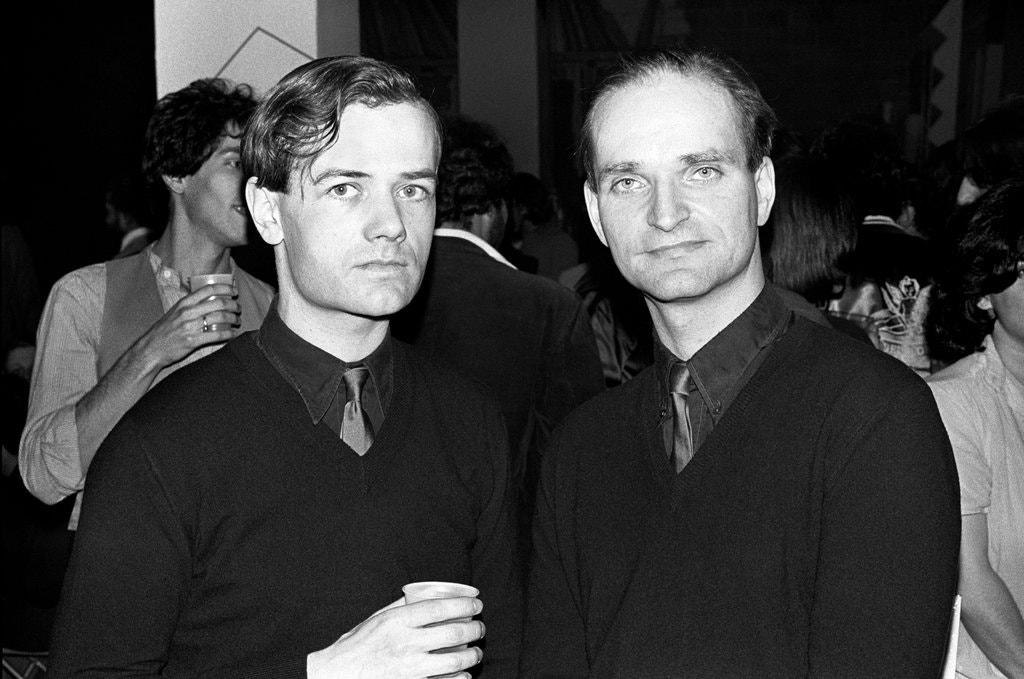
"Florian quietly and patiently explained that 'emotion' is a strange word," Mr. Bangs wrote, and he proceeded to quote Mr. Schneider: "There is a cold emotion and other emotion, both equally valid. It's not body emotion, it's mental emotion. We like to ignore the audience while we play, and take all our concentration into the music.
"We are very much interested in origin of music. The source of music. The pure sound is something we would very much like to achieve."
Florian Schneider-Esleben was born on April 7, 1947, in Öhningen, then part of West Germany. His father, Paul Schneider-Esleben, was a prominent modernist architect whose projects included the Cologne-Bonn Airport.
Mr. Schneider met Mr. Hütter in 1968 in an improvisation class at the Robert Schumann Hochschule, a music school in Düsseldorf. They soon began performing together, with Mr. Schneider on flute and Mr. Hütter on keyboards, and they joined a progressive rock band, Organisation, which released one album, "Tone Float," in 1969.
The two men started Kraftwerk — the word means "power station" — in 1970 and established Kling Klang, the Düsseldorf studio that would be their home base for decades. That year, Mr. Schneider also purchased a synthesizer and became interested in manipulating acoustic sounds through electronics.
"I found that the flute was too limiting," he was quoted as saying in "Kraftwerk: Man, Machine and Music," a 1993 book by Pascal Bussy. "Soon I bought a microphone, then loudspeakers, then an echo, then a synthesizer. Much later I threw the flute away; it was a sort of process.
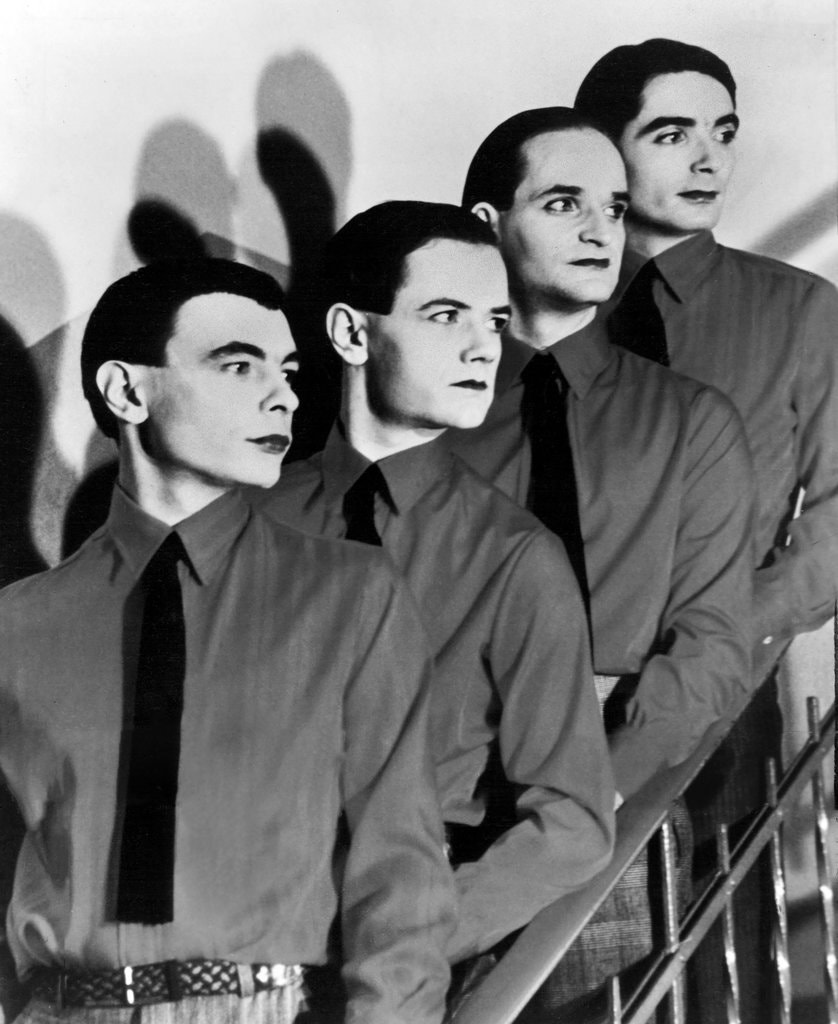
Early recordings of the group feature stuttering grooves that mingle electronic keyboards with Mr. Schneider's rapid-fire flute. Mr. Schneider and Mr. Hütter have described being influenced by both the avant-garde composer Karlheinz Stockhausen and the Beach Boys. Kraftwerk's songs often seem to make an implicit commentary on the interchangeable, repetitive structures of pop.
While early rock critics were often baffled by Kraftwerk, the group's influence had become clear by the mid-1970s. David Bowie praised the band in the music press and titled the track "V-2 Schneider," from his 1977 album "Heroes," in tribute to Mr. Schneider.
In 1982, Kraftwerk became part of the bedrock of early hip-hop when Afrika Bambaataa and his group Soul Sonic Force recreated the rhythm to Kraftwerk's song "Trans-Europe Express" on "Planet Rock." And Kraftwerk's mechanized beats became blueprints for practically the entire genre of electronic dance music.
In time, the group's performances became more conceptual and, to some critics, absurd. In concert they would mime their performances at machines that played prerecorded tracks. Sometimes the human musicians would exit the stage entirely, replaced by rudimentary robot effigies that "performed" in their place.
Kraftwerk has been nominated for the Rock & Roll Hall of Fame six times — including for the most recent class — but has yet to be inducted. The group was given a lifetime achievement award at the Grammys in 2014.
In February, the group announced plans for a "3-D" tour of North America to celebrate its 50th anniversary.
Information on Mr. Schneider's survivors was not immediately available.
Even by the reclusive standards of Kraftwerk, whose members rarely gave interviews and would disappear from the scene for years, Mr. Schneider was especially enigmatic. The group announced his departure in 2008, and he did not participate in later tours, including a series of performances in 2012 at the Museum of Modern Art in New York.
In 1998, he was appointed a professor of "media art and performance" at the Karlsruhe University of Arts and Design. But on Wednesday, according to a report by The Associated Press, the university told DPA, the German press agency, that "as far as it knows, he never took up the professorship."
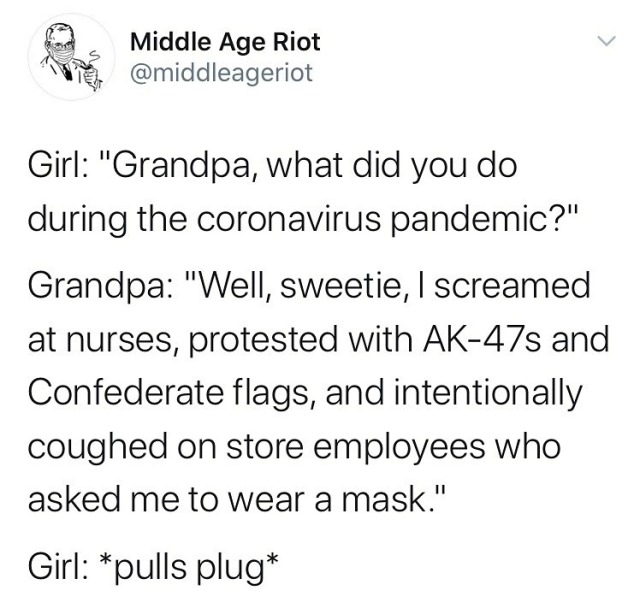

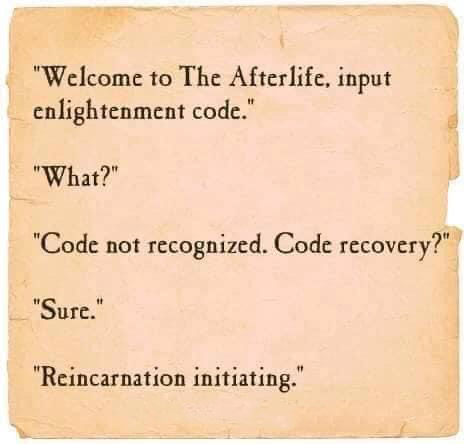


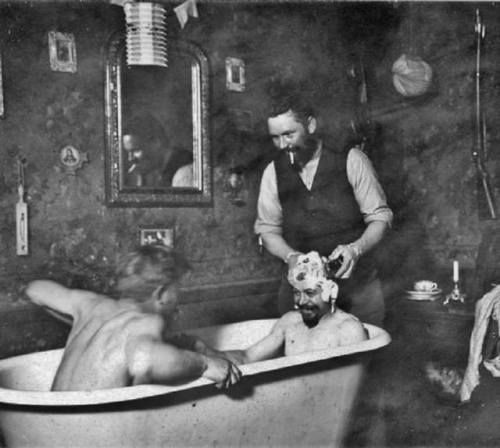






Yup. Definitely.

